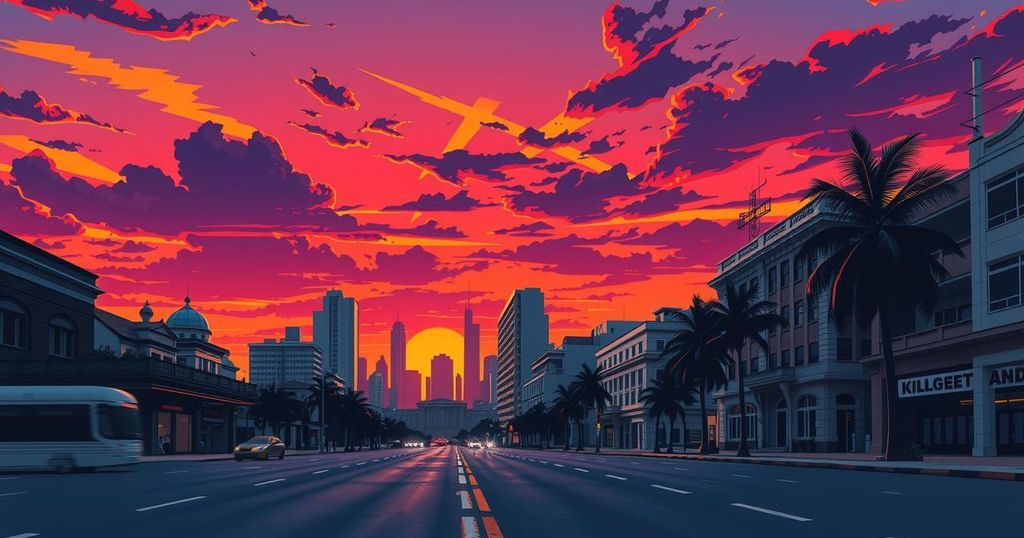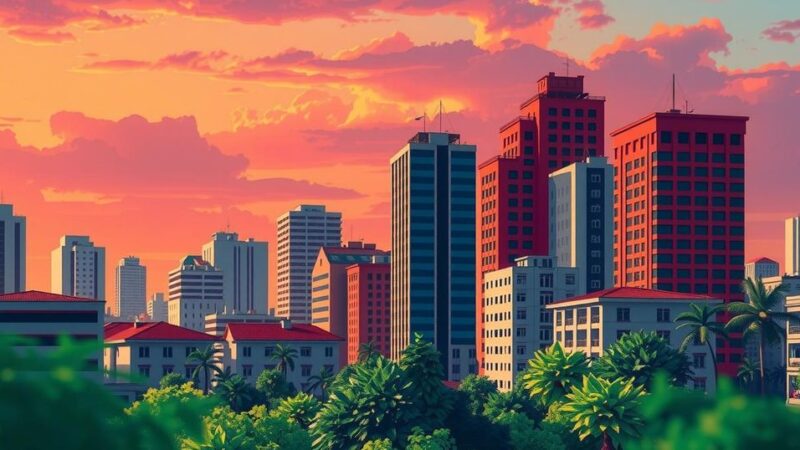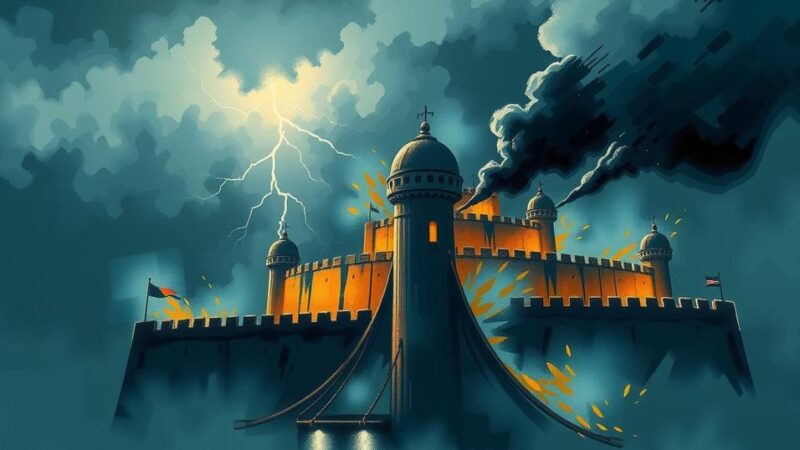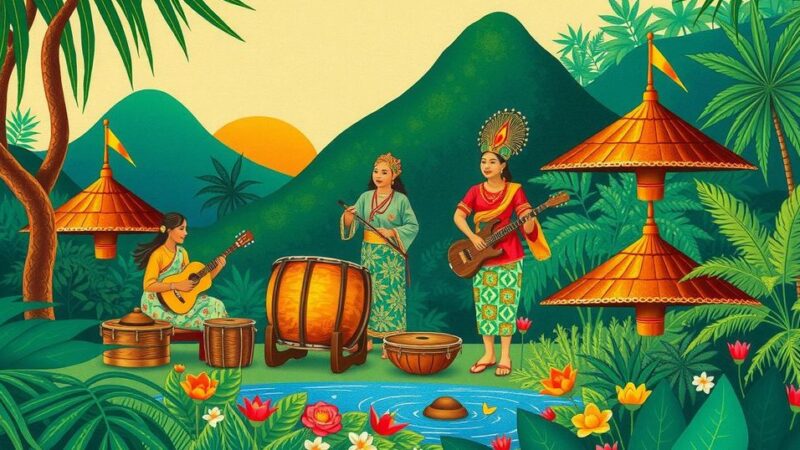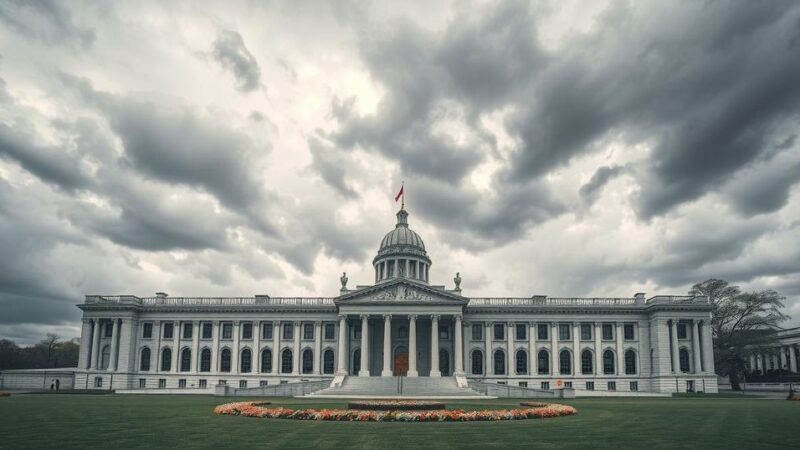Rodrigo Duterte’s arrest has sparked protests and mixed reactions across the Philippines. While his supporters express anger and rally for his cause, legal experts are doubtful about his chances at avoiding ICC prosecution for his anti-drug campaign. The situation illustrates the ongoing division in the country regarding his legacy.
In the Philippines, there exist mixed sentiments regarding the arrest of former President Rodrigo Duterte. While fervent supporters have engaged in protests, expressing their discontent with his detention, experts are skeptical about his ability to avoid prosecution at the International Criminal Court (ICC). Detained on an ICC warrant due to his controversial anti-drug campaign, Duterte has become a polarizing figure in the nation.
On Tuesday, the 79-year-old was apprehended at Manila airport upon his return from Hong Kong and was subsequently transported to The Hague in the Netherlands. Notably, protests erupted in Davao City, a region historically supportive of Duterte, demonstrating the passionate response from his base. Supporters are actively urging the public to maintain their advocacy in light of his arrest.
A former politician, Jimmy Dureza, vocalized his outrage, stating, “His arrest has no basis. I am angry about what is happening. Let’s unite and show our support.” This highlights the continuing impact Duterte has on his followers and the division surrounding his legacy. The unfolding events present a complex narrative of both relief and anger among the Philippine populace as they grapple with the implications of his legal troubles.
The arrest of former President Rodrigo Duterte has elicited a mixture of anger and relief among Filipinos. While his supporters rally in protest and express their unwavering support, legal experts remain doubtful about his prospects of evading ICC prosecution. The situation underscores the ongoing societal divide in the Philippines, rooted deeply in Duterte’s controversial presidency.
Original Source: www.scmp.com
